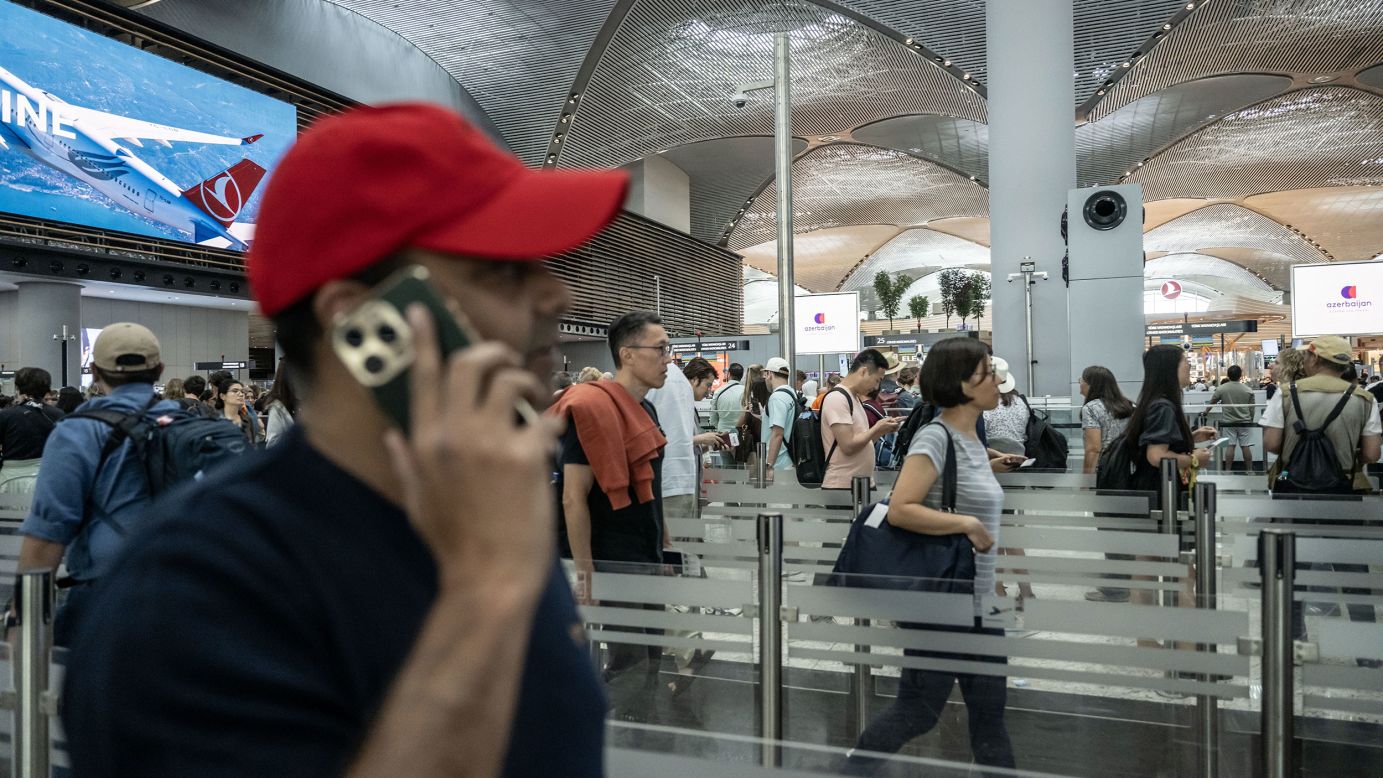Texas superintendents are expressing strong concerns about the state’s practice of taking over struggling school districts, arguing that this approach does not provide a sustainable solution for enhancing student learning. During a panel discussion at The Texas Tribune Festival, leaders from various school districts emphasized the importance of local governance over education.
The takeovers, which involve displacing elected school boards with a state-appointed board of managers, have affected some of Texas’ largest districts, including Houston ISD and Fort Worth ISD. These actions typically follow multiple years of failing ratings at specific campuses. Martha Salazar-Zamora, superintendent of Tomball ISD, voiced her skepticism, stating, “Do I think that’s sustainable? Absolutely not. I don’t think that’s what local control is supposed to look like.”
Tomball ISD, located approximately 40 miles north of Houston, has achieved high performance, boasting an A rating in 2025 with around 22,000 students enrolled. Salazar-Zamora’s comments reflect a growing sentiment among superintendents that state takeovers undermine local control, especially at a time when many districts are grappling with budget constraints.
During the panel, which included Christopher Moran, superintendent of San Angelo ISD, and Matias Segura, superintendent of Austin ISD, the discussion turned to the broader implications of state intervention. The Texas Education Agency has taken over 11 school districts since 2000, citing such actions as a last resort to improve academic performance.
The challenges posed by the takeover in Houston have highlighted the complexities involved. While state-appointed superintendent Mike Miles claimed that reforms led to no failing schools in 2025, this success came at a significant cost, including a drastic decline in student and teacher numbers.
Superintendents are clear that they are not opposed to accountability measures. Yet, they argue that decisions impacting local schools should be made by those who understand the community. Segura, currently strategizing on possible closures of around a dozen campuses in Austin, is focused on avoiding state sanctions that could disrupt the education of over 70,000 students. He remarked, “Right now, if we continue our trajectory, we will not be able to serve our students, and that will ultimately lead to a state intervention at some point down the road. I do not want to be there.”
The dialogue among Texas superintendents illustrates a crucial intersection between governance, accountability, and the quality of education. As local leaders advocate for maintaining control over their districts, the question remains: how can the state support struggling schools without compromising local authority?







